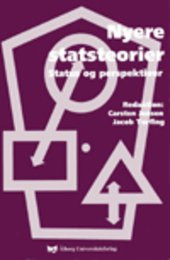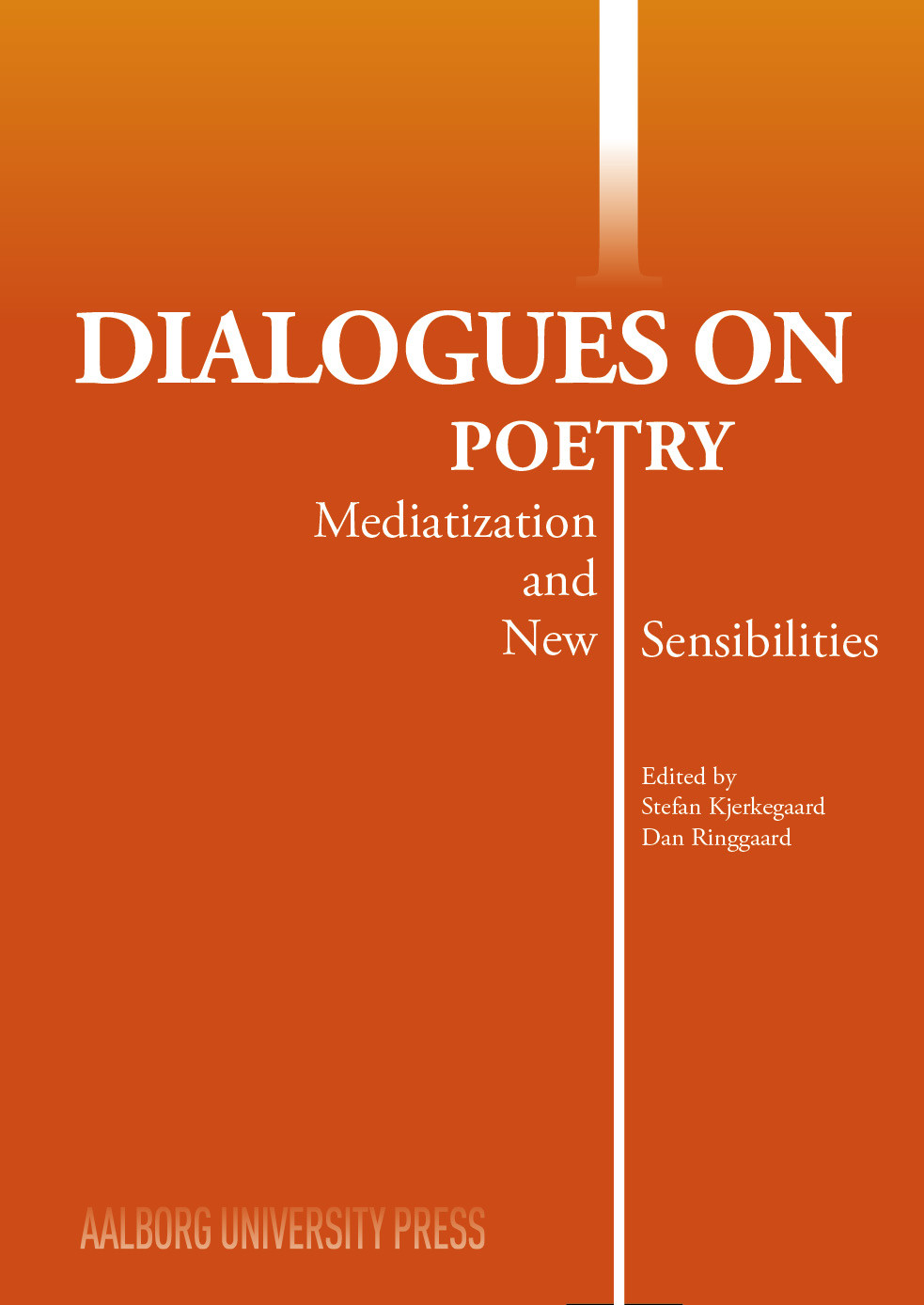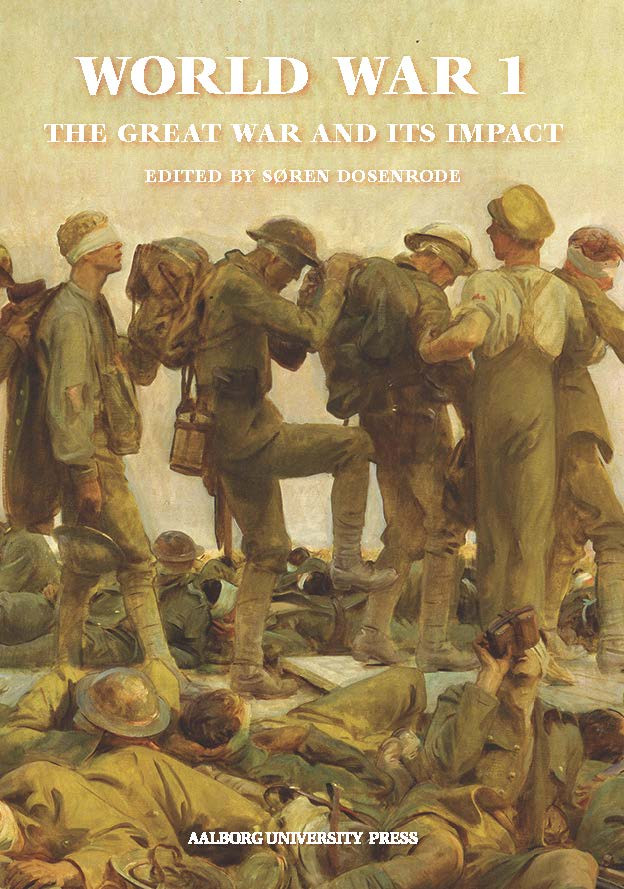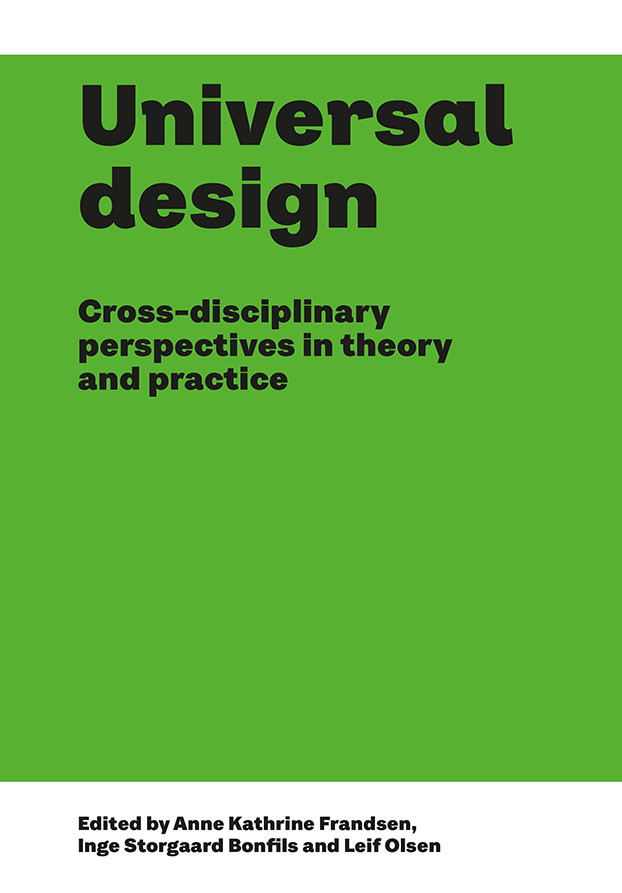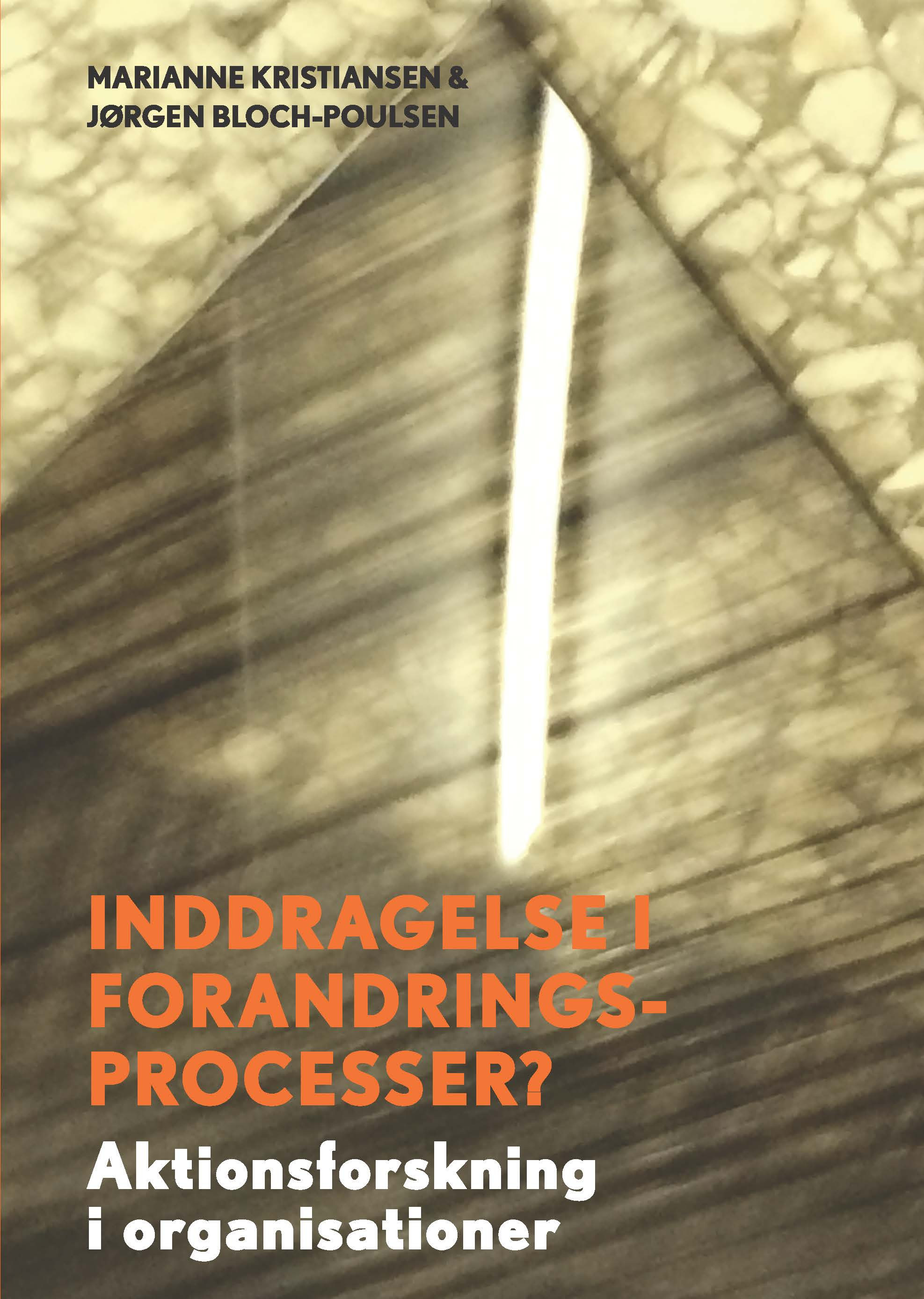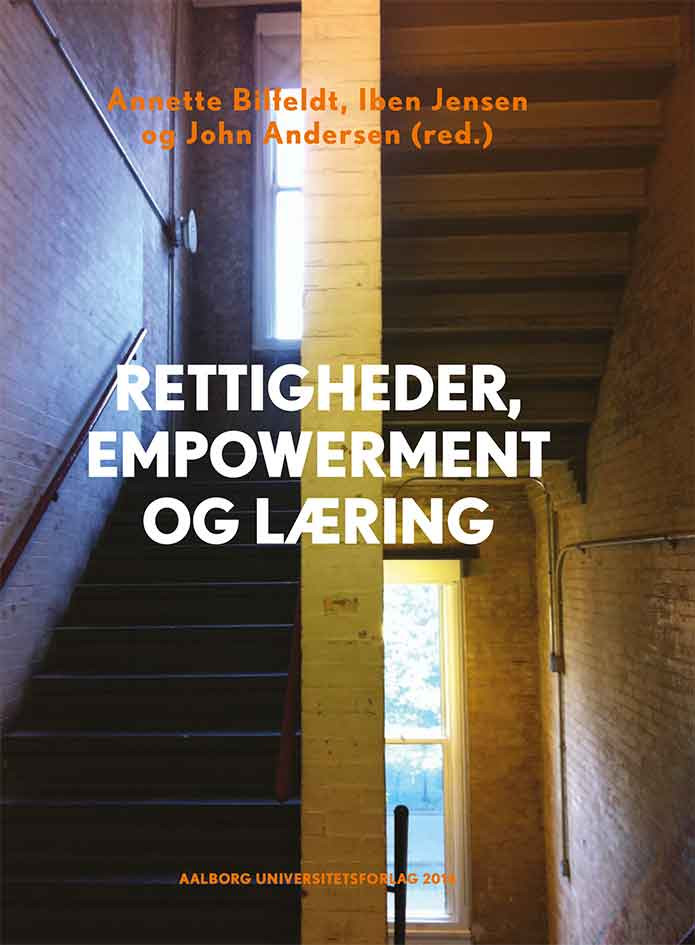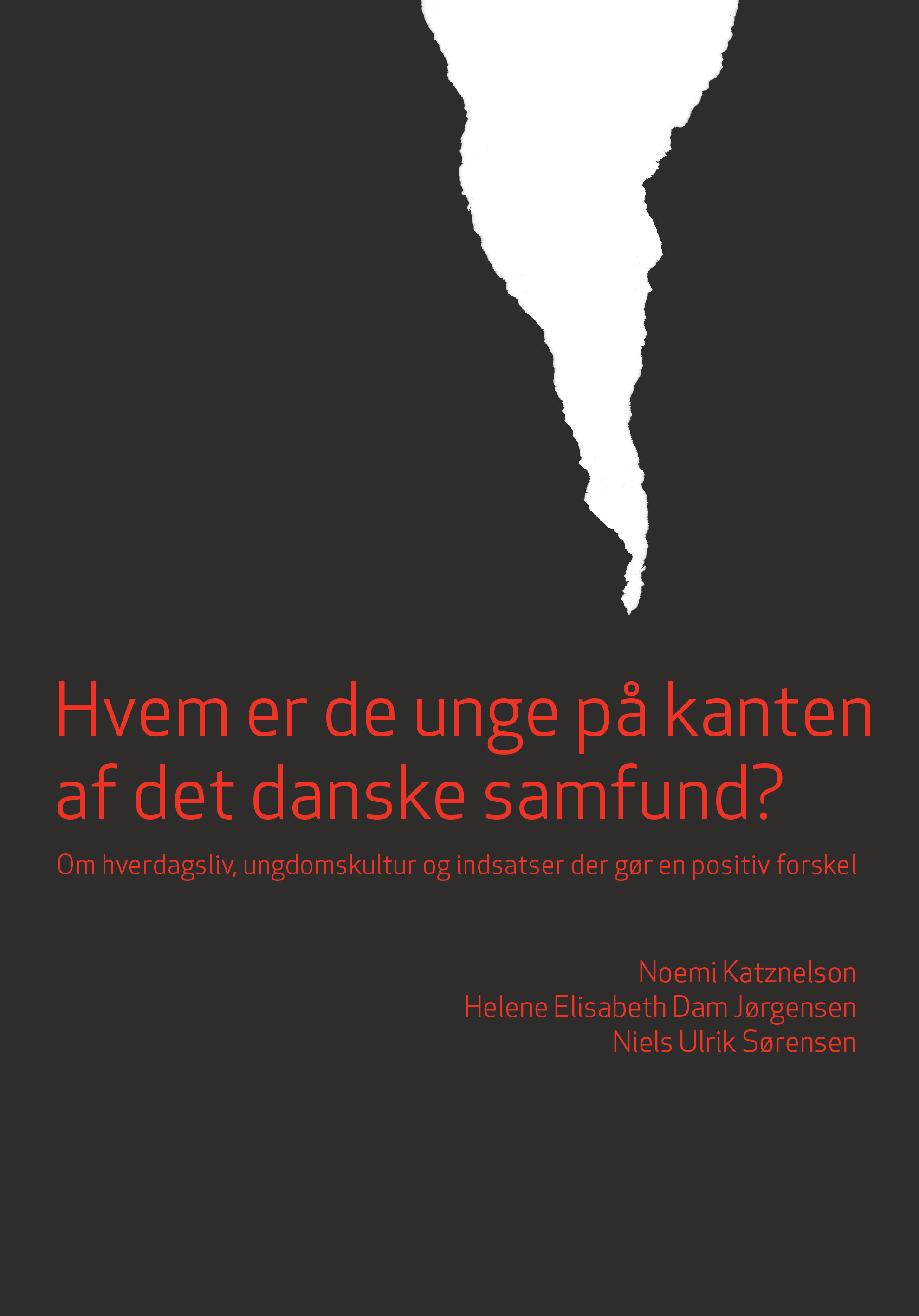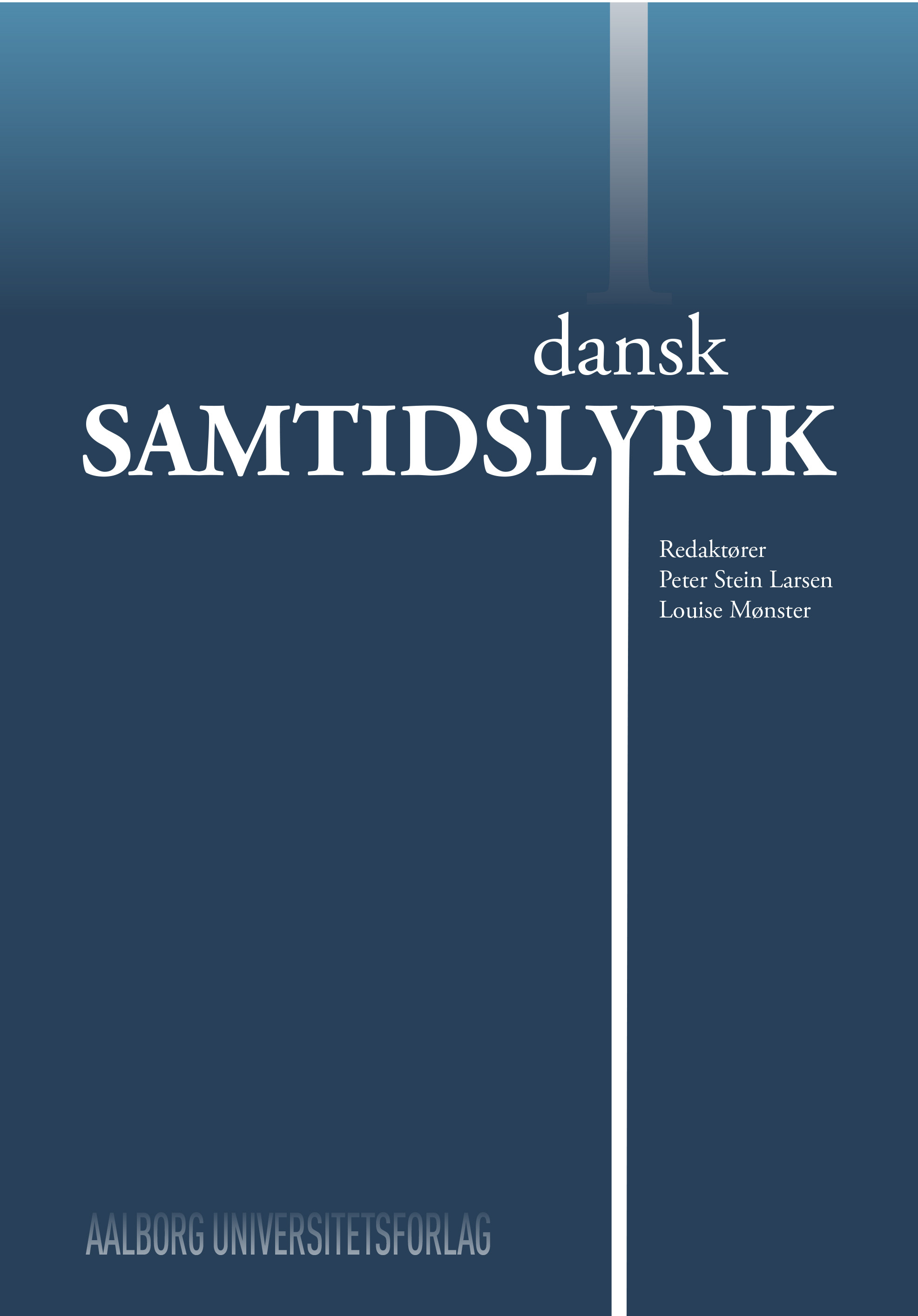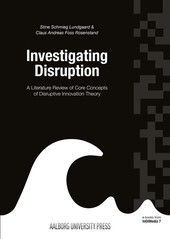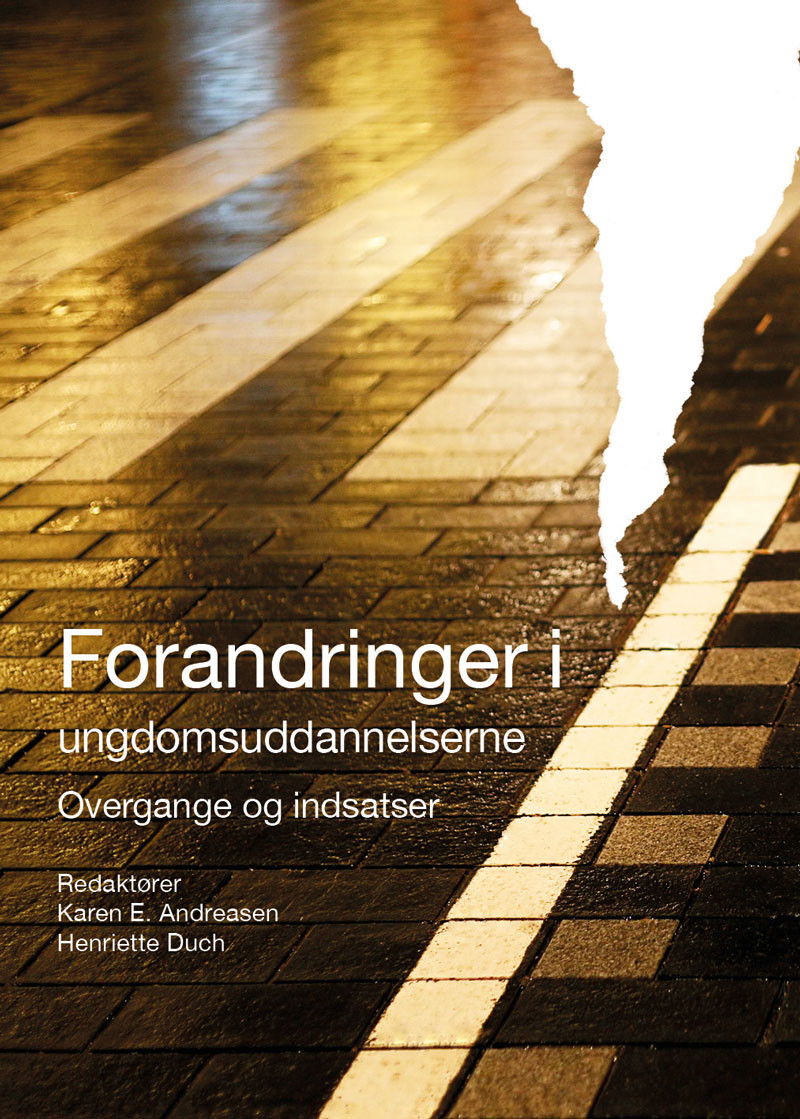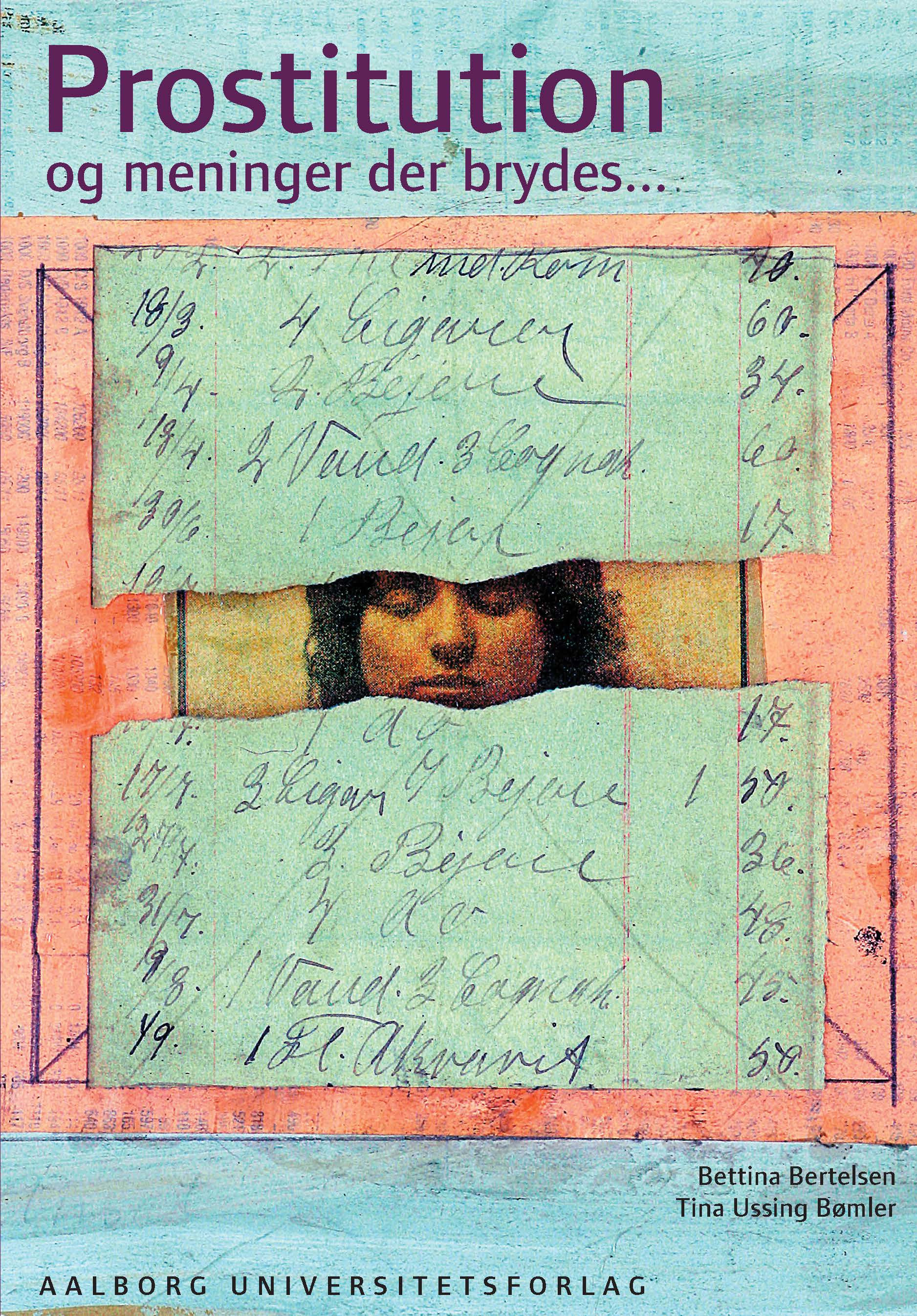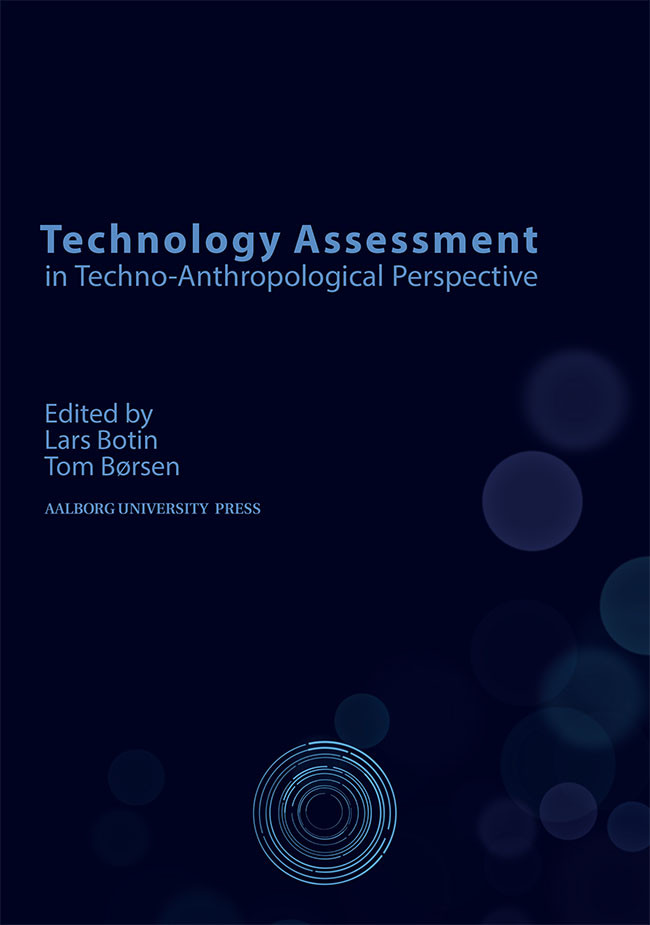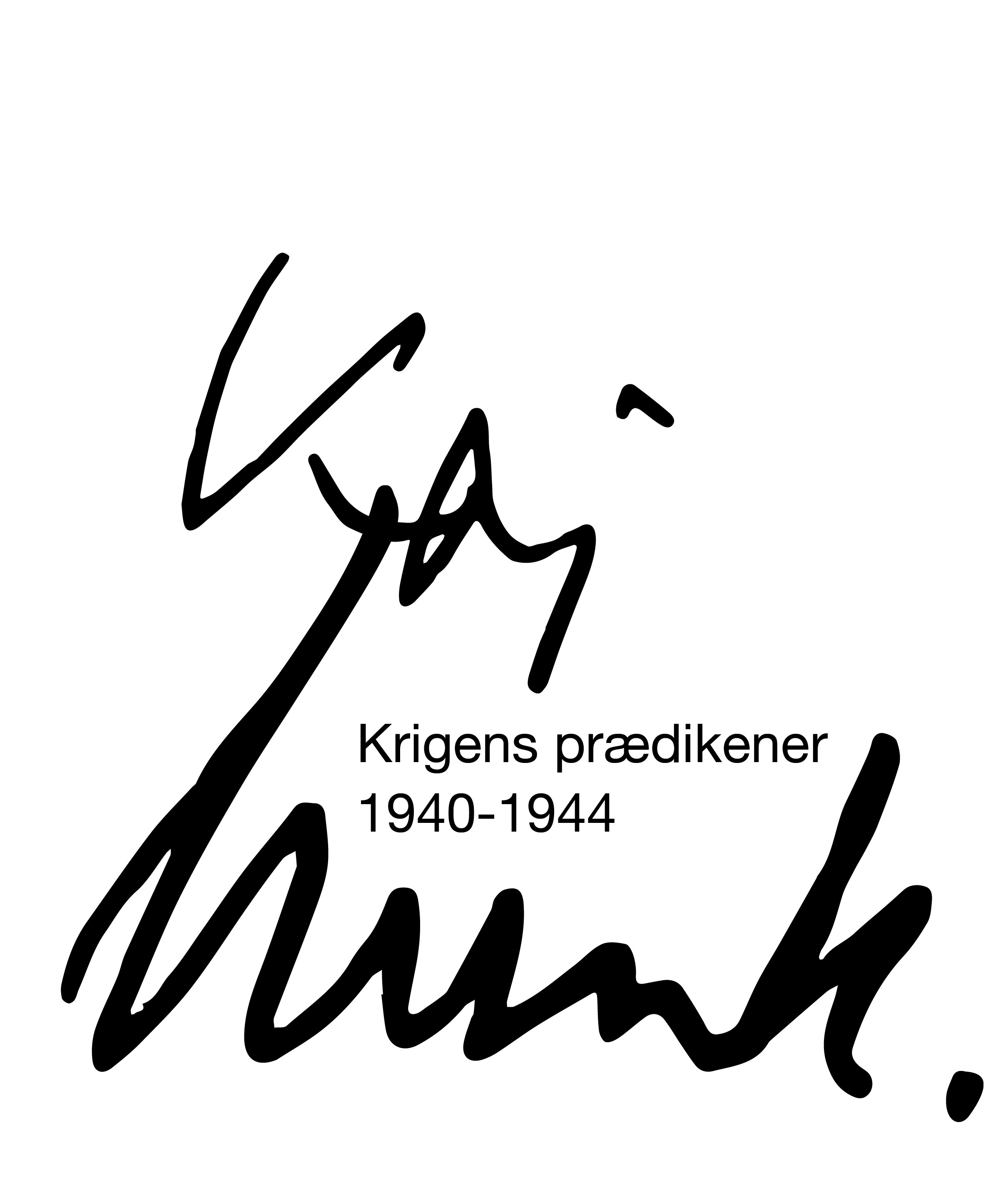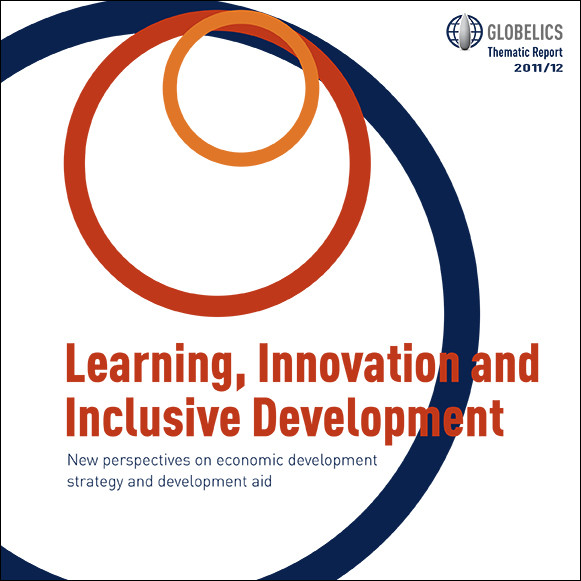Transnational NGOs
Creative Connections of Development and Global Governance
Af redaktør abdulkadir osman farah
This edited book resulted from two days of intensive seminar organized by the Centre of Development and International relations at Aalborg University. The seminar invited scholars from Africa, Asia, the Middle East and Europe. The book rigorously examines the complex relationships between trans-nationality, development and global governance. Among the main influential actors of this trans-nationality include transnational NGOs that often provide remarkable humanitarian and developmental solutions at multiple levels in diverse societies around the world. At the same time transnational NGOs can also negatively impact and complicate processes of state building and consolidation, particularly in the developing world. In applying different theoretical and empirical perspectives, the diverse cases presented in this book critically inquire whether transnational NGOs have the potential- while operating within the domain of the current state centric global system- to imagine and co-implement general global transformations, or whether such movements in their varieties of organizations, networks, associations, and interactions could represent organic counter-hegemonic platforms of social forces that creatively- not just relate to challenges at the national level to those at global level- but also to progressively forge creative forms of global solidarity and sustainability. The contributions of the book comparatively analyse this ambivalent role of transnational NGOs. The different chapters interrogate the paradoxes, ambiguities and contradictions characterising transnational NGOs at the national, international, transnational and civil society levels.
-
This edited book resulted from two days of intensive seminar organized by the Centre of Development and International relations at Aalborg University. The seminar invited scholars from Africa, Asia, the Middle East and Europe. The book rigorously examines the complex relationships between trans-nationality, development and global governance. Among the main influential actors of this trans-nationality include transnational NGOs that often provide remarkable humanitarian and developmental solutions at multiple levels in diverse societies around the world. At the same time transnational NGOs can also negatively impact and complicate processes of state building and consolidation, particularly in the developing world. In applying different theoretical and empirical perspectives, the diverse cases presented in this book critically inquire whether transnational NGOs have the potential- while operating within the domain of the current state centric global system- to imagine and co-implement general global transformations, or whether such movements in their varieties of organizations, networks, associations, and interactions could represent organic counter-hegemonic platforms of social forces that creatively- not just relate to challenges at the national level to those at global level- but also to progressively forge creative forms of global solidarity and sustainability. The contributions of the book comparatively analyse this ambivalent role of transnational NGOs. The different chapters interrogate the paradoxes, ambiguities and contradictions characterising transnational NGOs at the national, international, transnational and civil society levels.
-
Antal sider
208
isbn
978-87-7112-206-0
Udgave
1. edition
Udgivelsesår
2014
-
Filnavn Download
